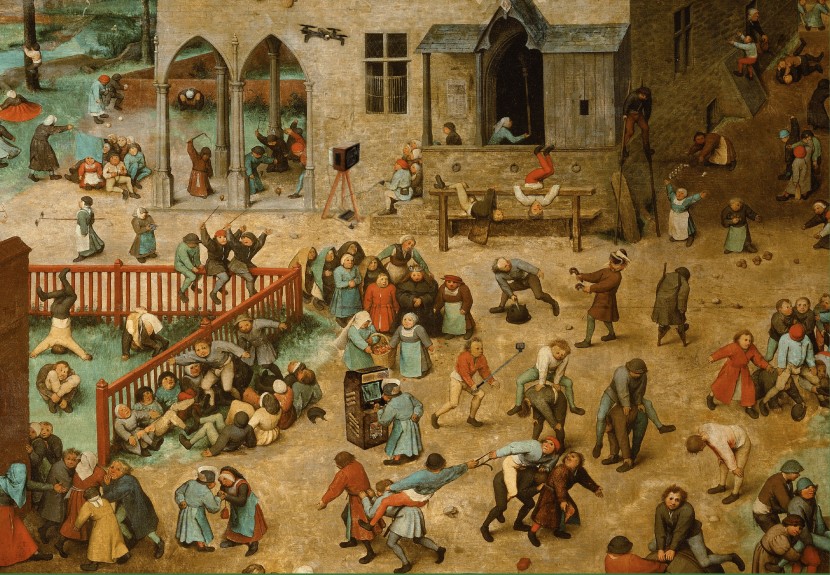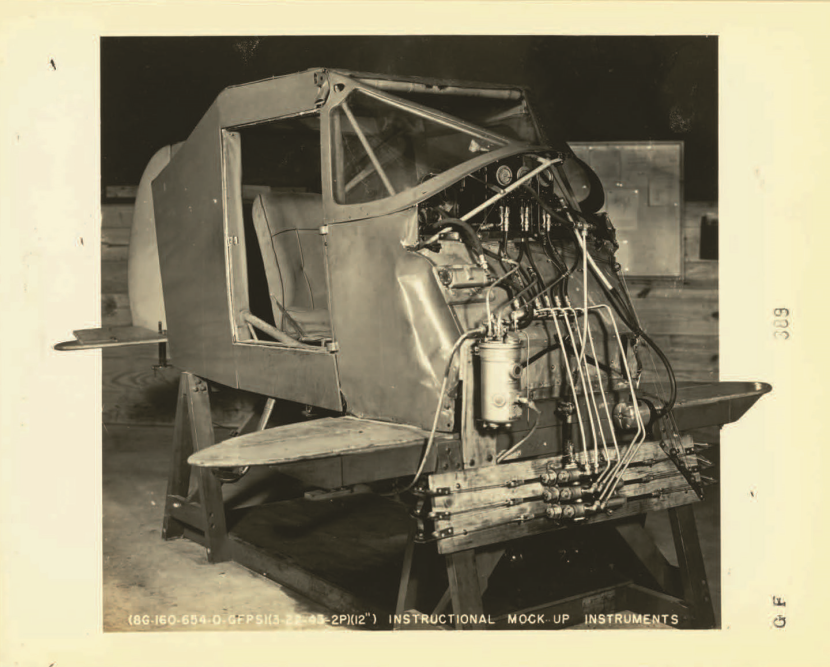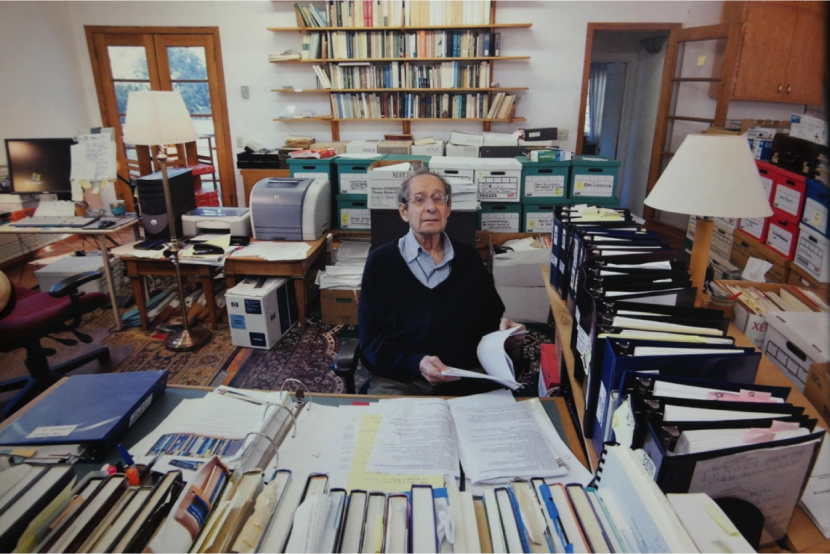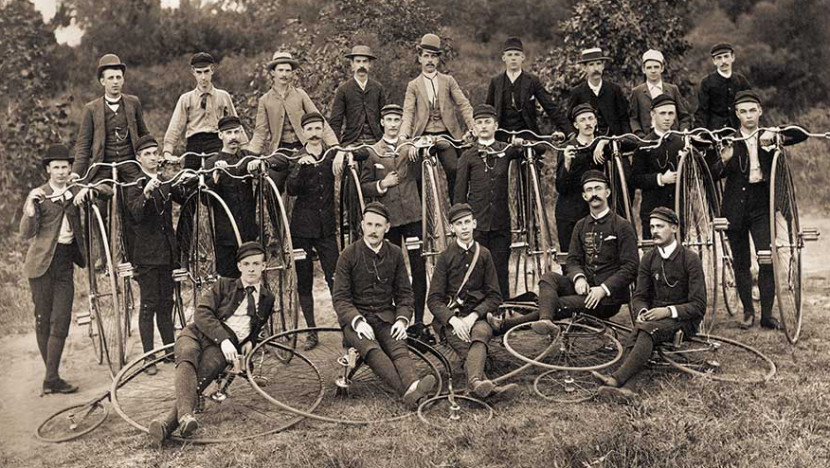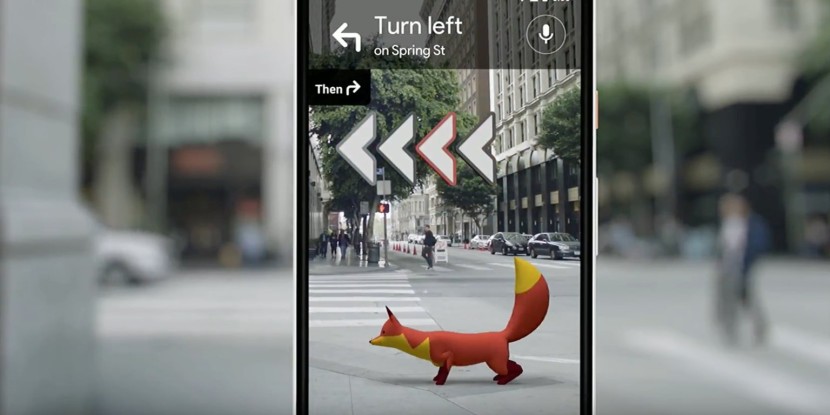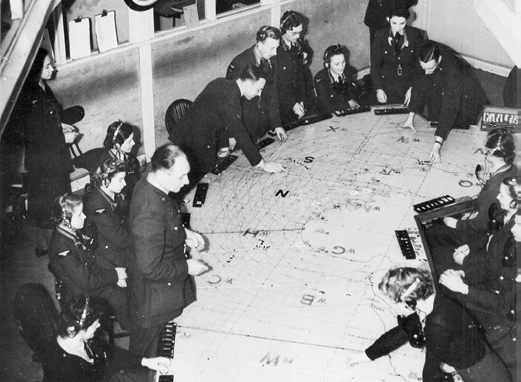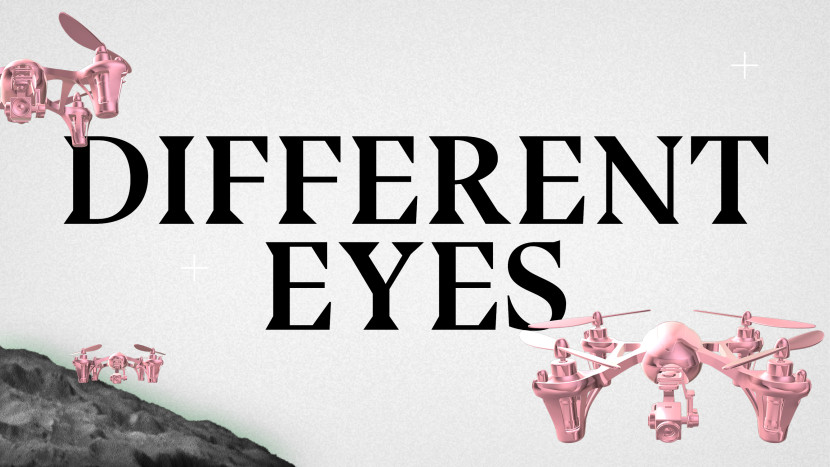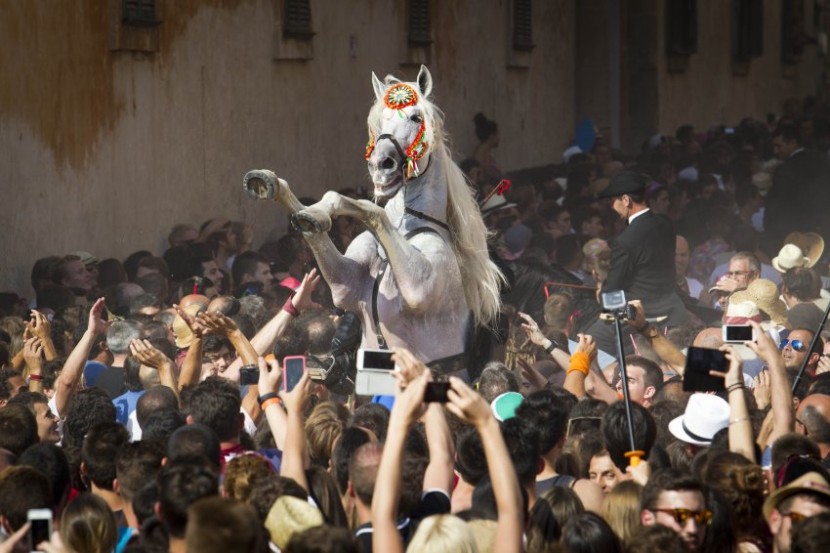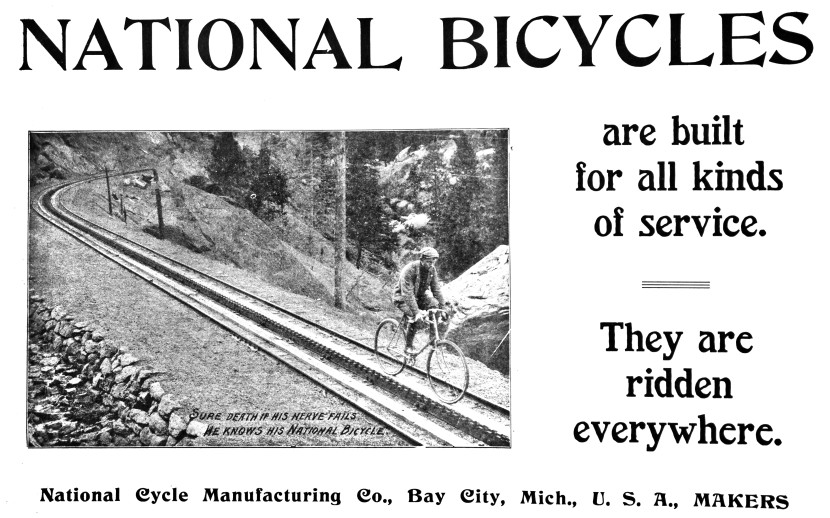Vortrag von Tristan Thielmann an der Graduate School of the Arts, Universität Bern, 15. Mai 2018
Gegenwärtig scheint die Praxistheorie im Gewandt einer Theorie der neuen Medien – nicht zuletzt weil sich jedwede Form von Praxis in einer Medienpraxis aufzulösen scheint. Der Vortrag möchte daher die Möglichkeitsbedingungen einer Medienpraxistheorie – einer Praxistheorie digitaler Medien – vorzeichnen.
Medienmethodologie: Eine Invitation
Workshop mit Tristan Thielmann an der Graduate School of the Arts, Universität Bern, 16. Mai 2018
Unter Einbeziehung verschiedener Erkenntnisse und Verfahren aus der Design-, Ethno- und Technomethodologie, der historischen Ethnographie, der Human-Computer Interaction, der Medientheorie und Akteur-Netzwerk-Theorie versteht sich die Medienmethodologie als Beitrag zur Methodenentwicklung. Im Rahmen dieses Workshops lernen wir, wie historische und neue Medien und Medienpraktiken mit adäquaten Methoden untersucht werden können.
Read More

